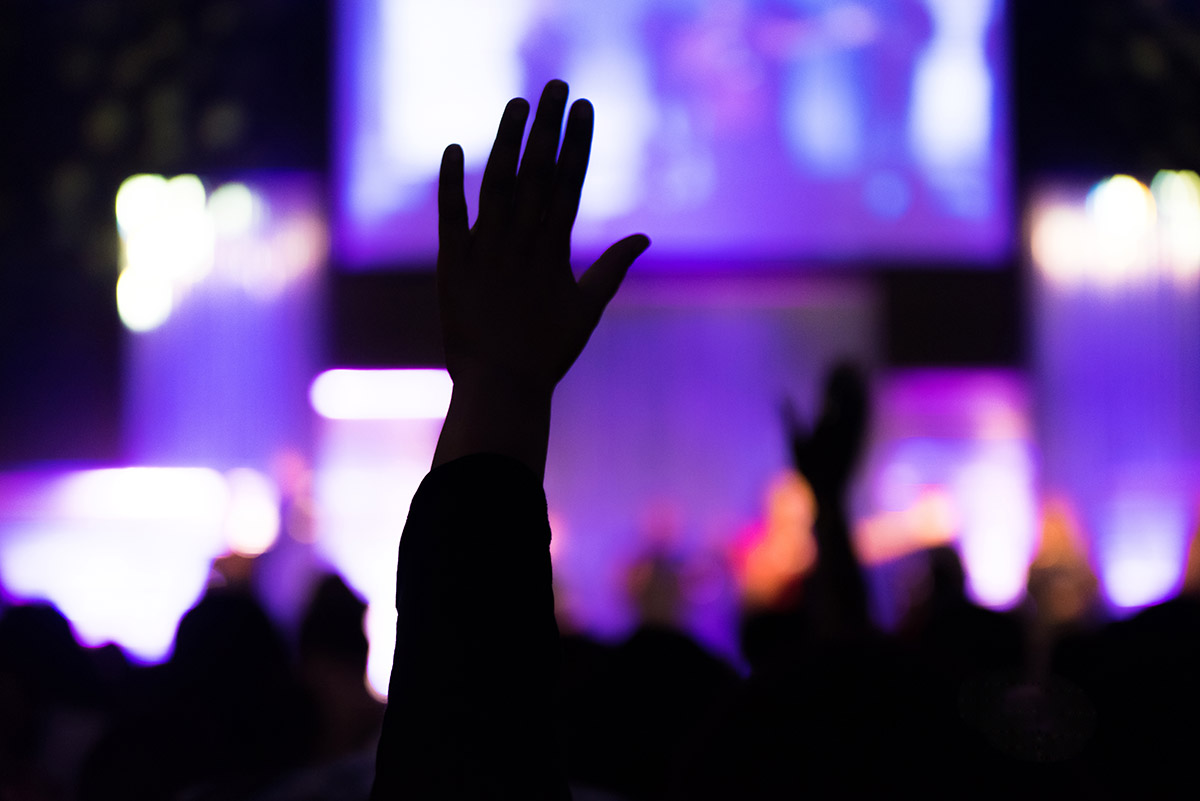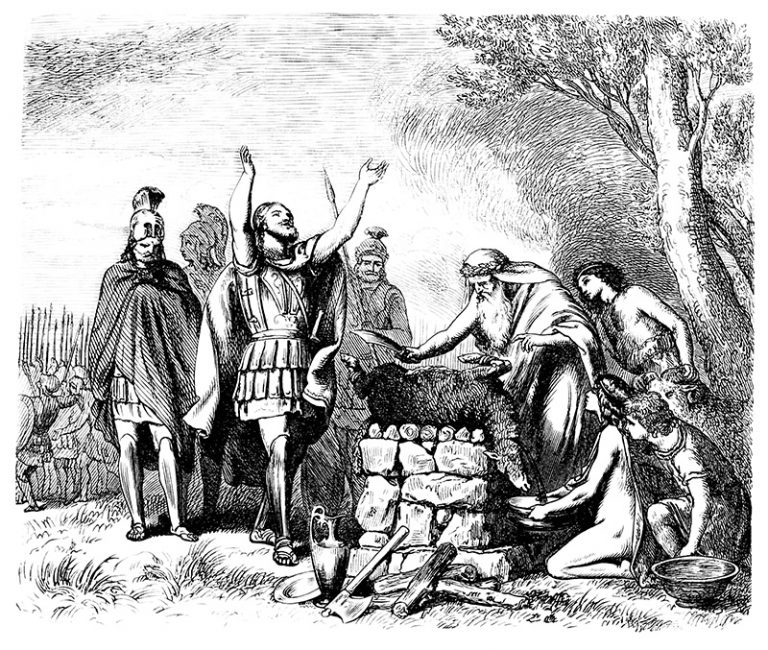We Have Sinned
This week as the story of yet another prominent Christian who had fallen passed through my news feeds, a young man who was pleading guilty to 18 counts related to sex with minors, I was led again to Daniel 9 and Daniel’s prayer of repentance.
We argue about the impact of prayer and what God does with our prayers a great deal. Does prayer change God? But there is a much more important question, in my view: Does prayer change us? Whatever it does, I think it reflects how we are thinking.
The Bible is quite hard on its main characters, never giving them a break. Their faults are put on display for all to see. Even the heroes of the Bible are presented with flaws. Daniel is one of those that is presented at all times in a positive light. There are those who believe he is the one referenced in Ezekiel 14:14, where he’s in a list with Noah and Job, both of whom are described as righteous.
But when Daniel begins to pray, he uses the third person plural: “We”
We have sinned, we have done wrong, we have incurred guilt, and we have rebelled by turning aside from your commands and decisions.
Daniel 9:5 (my translation and emphasis)
I think Daniel had something there about a response to sin.
You see, our tendency is to blame others. Other people in other traditions, using other forms of church governance, believing other doctrines, and just generally being different from me/us (the righteous one/ones) fell into grave sin. They should correct their traditions, fix their church governance, clean up their doctrinal statements, and become more like us!
For decades, Protestants have spent their time looking down on Roman Catholics because they had pedophiles in the ranks. We Protestants, being wise enough to allow marriage in the ministry, obviously wouldn’t have such a problem.
They have sinned. We’re OK.
But the fact is that we have sinned, and the more news comes out, the more glaringly obvious it is that we are all falling short.
We have sinned:
- By looking at the sin of others and assuming we ourselves are immune
- By ignoring what Jesus said about not lording it over one another and making hierarchies
- By considering some people to be above accountability because they are anointed leaders
- By failing to be accountable to one another
- By turning aside less important people, claiming their word should not stand against the word of the holier, the more educated, the richer, the more powerful, or the more respected
- By shifting the blame from perpetrators to the victims
- By thinking our witness for Jesus could be made better by covering up than by confessing
- By seeing the least of these as least, rather than as God’s children, pearls of great price
- By thinking that we can ever criticize and judge from the outside
- By believing, contrary to Romans 13, that our behavior is only church business, and refusing to report crimes to the appropriate authorities
- By feeling all holy inside when someone’s sin is exposed and we realize (or imagine) that their sin is not one that attracts us.
If the church is to be a witness we need to be an honest and genuine witness to who we are. God knows who we really are. In a self-righteous prayer, we do not deceive God. We just deceive ourselves. We help ourselves believe that we are exempt.
It is in feeling that we are exempt, better-than, holier-than, more Spirit-filled, more Christ-like, more like a real church, and less subject to temptation that we prepare for a fall. Our fall, my fall, may not come via sexual temptation. But if I become superior and arrogant, if I fail to realize who I am, my fall will surely come.
May God have mercy on us all.

